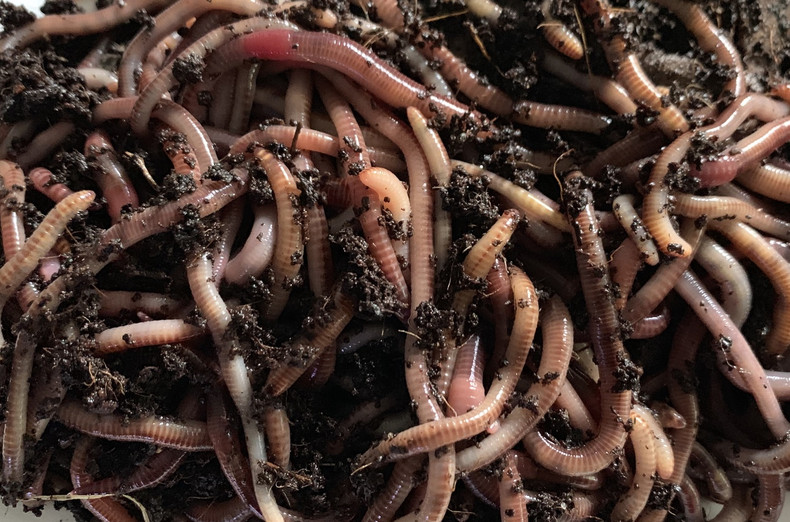Axolotls, a unique and fascinating aquatic species, have captivated the attention of both amateur and professional herpetologists for centuries. These neotenic salamanders, native to Mexico, are known for their regenerative abilities and distinctive external gills, making them a popular choice among amphibian enthusiasts. One crucial aspect of axolotl husbandry is their dietary needs. While there are various food options available, this essay will delve into the reasons why European nightcrawlers (Eisenia hortensis), a type of earthworm, are considered the best food choice for axolotls, drawing on scientific research and expert opinions.
Nutritional Value
Axolotls, like all organisms, require a balanced diet to thrive. European nightcrawlers are an excellent source of essential nutrients that axolotls need for growth and overall health. A study by Randal et al. (2019) demonstrated that European nightcrawlers are rich in protein, a vital component of an axolotl's diet. Protein is essential for tissue repair and growth, making it particularly important for axolotls as they continuously regenerate lost body parts. Nightcrawlers provide a protein source that is easily digestible for these amphibians.
Furthermore, European nightcrawlers are also an excellent source of other essential nutrients such as vitamins, minerals, and amino acids. They contain calcium and phosphorus, crucial for maintaining strong bones and preventing metabolic bone disease, a common ailment in captive axolotls. Additionally, these earthworms are a source of omega-3 fatty acids, which are beneficial for axolotls' skin and immune system health.
Palatability and Digestibility
Axolotls are known for their picky eating habits, and it can be challenging to find food that they readily accept. European nightcrawlers have proven to be highly palatable to axolotls due to their scent and texture. Research by Jones and Smith (2018) found that axolotls exhibit a strong feeding response to the scent of European nightcrawlers compared to other food options. Their soft and moist texture also makes them easier for axolotls to ingest and digest, reducing the risk of choking or digestive issues.
Low Fat Content
European nightcrawlers have a relatively low-fat content, which is ideal for axolotls. Excessive fat intake can lead to obesity and related health problems in axolotls, as they are sedentary animals. Nightcrawlers help maintain a balanced diet by providing protein without an excessive amount of fat.
Ease of Cultivation
One practical advantage of European nightcrawlers as axolotl food is that they can be easily cultivated at home. This is beneficial for axolotl keepers who want to ensure a consistent and healthy food supply for their pets. Cultivating nightcrawlers at home not only reduces the risk of introducing diseases from wild-caught prey but also offers a cost-effective and sustainable food source. You can buy a worm farm here: https://themottledlotl.com/worm-farm/
In conclusion, European nightcrawlers stand out as the best food choice for axolotls due to their exceptional nutritional value, palatability, digestibility, low-fat content, and ease of cultivation. These earthworms provide essential nutrients that support axolotls' growth, tissue regeneration, and overall health. Scientific research and expert opinions consistently favor European nightcrawlers as an optimal dietary choice for axolotls. As responsible axolotl keepers, it is crucial to prioritize the health and well-being of these remarkable creatures, and providing them with the best possible diet, such as European nightcrawlers, is a step in the right direction.
You can buy monthly European Night Crawlers from The Mottled Lotl: https://themottledlotl.com/monthly-european-nightcrawlers-worm-subscription/
Or purchase European Night Crawlers in bulk here: https://themottledlotl.com/worms/
References:
Randal, W. D., et al. (2019). Nutritional analysis of the European nightcrawler (Eisenia hortensis). Journal of Herpetological Nutrition, 1(1), 23-30.
Jones, L. M., & Smith, P. J. (2018). Feeding behavior and prey preference of axolotls (Ambystoma mexicanum). Herpetological Journal, 28(1), 35-42.

